Why Low Prices Often Mean Poor Working Conditions and Unsustainable Farming
That supermarket bag of ground coffee might look like a bargain. But the real cost? It's often paid by someone else—quietly, behind the scenes.
Cheap coffee usually comes at the expense of fair wages, environmental health, and future harvests. And once you know what goes into producing quality coffee—growing, picking, processing, transporting—it becomes clear: no one can do it ethically for pennies.
Here’s what’s really going on behind the “cheap” price tag.
1. Unfair Wages & Exploitation
Coffee is labour-intensive. Beans are hand-picked on steep hillsides, often in unpredictable weather. But in many parts of the world, coffee farmers and workers still earn below a living wage—sometimes just £1 or less per day.
When roasters or buyers push prices lower, it’s the people at the source who feel it first. That means:
-
Farmers forced to cut corners or abandon their crops altogether
-
Workers facing unsafe conditions, child labour, or seasonal instability
-
Entire communities trapped in poverty, with no means to invest in better futures
When you pay more for coffee that’s ethically sourced, you’re helping to shift that reality.
2. Damage to the Land
To meet the demand for cheap beans, some farms rely on methods that harm the soil, local biodiversity, and surrounding habitats—like:
-
Clear-cutting forests to grow more coffee quickly
-
Heavy pesticide use, which affects local water systems and pollinators
-
Over-farming the land until it’s no longer productive
Sustainable farms, on the other hand, use shade-grown practices, crop diversity, and organic methods—costlier in the short term, but much better for the planet and for future generations of farmers and birds alike.
3. Low Prices Discourage Quality
Good coffee takes time and care. It needs:
-
Healthy soil
-
Hand-picking only ripe cherries
-
Clean, careful processing
-
Thoughtful roasting
But when coffee prices are driven down, farmers are incentivised to prioritise volume over quality. That’s why cheap coffee often tastes flat, bitter, or harsh—and why truly great coffee is worth paying for.
4. The Environmental Ripple Effect
Deforestation for cheap coffee isn’t just about trees—it’s about ecosystems.
Birds, including parrots, are deeply affected when forests are lost to large-scale monoculture farming. At The Aviary, we partner with growers who use shade-grown and bird-friendly methods, allowing coffee to grow beneath native tree canopies—protecting habitat for countless species, from migratory songbirds to endangered macaws.
What You Can Do
You don’t need to overhaul your life—just pay attention to where your coffee comes from. Look for:
-
Certifications like Fairtrade, Organic, Bird Friendly and Rainforest Alliance
-
Transparency about origin, farm, and processing
-
Businesses that reinvest in conservation, education, or community welfare
It might cost a few pounds more, but you’re supporting systems that actually work—for farmers, wildlife, and the planet.
The Aviary’s Promise
We source our coffees from ethical farms that respect both people and ecosystems. Every cup you brew supports a fairer system—and helps fund real conservation work for the parrots and wild spaces we care about.
Because coffee should never come at someone else’s expense.
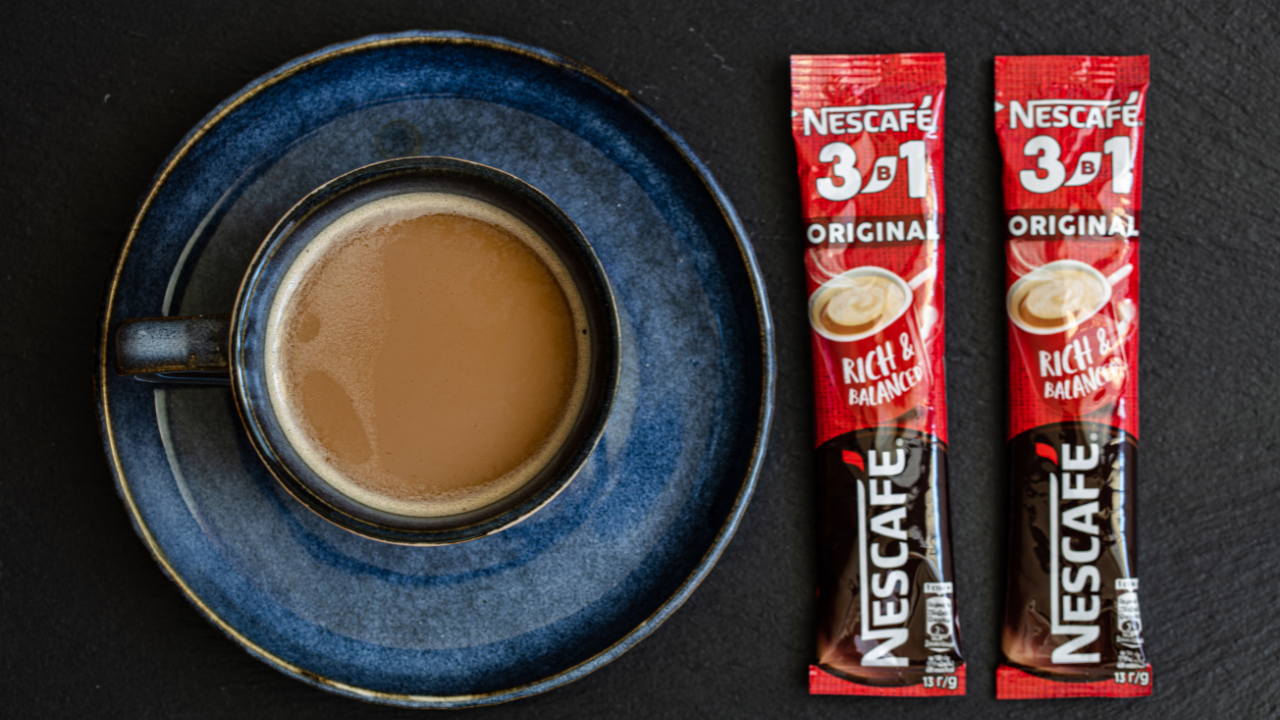

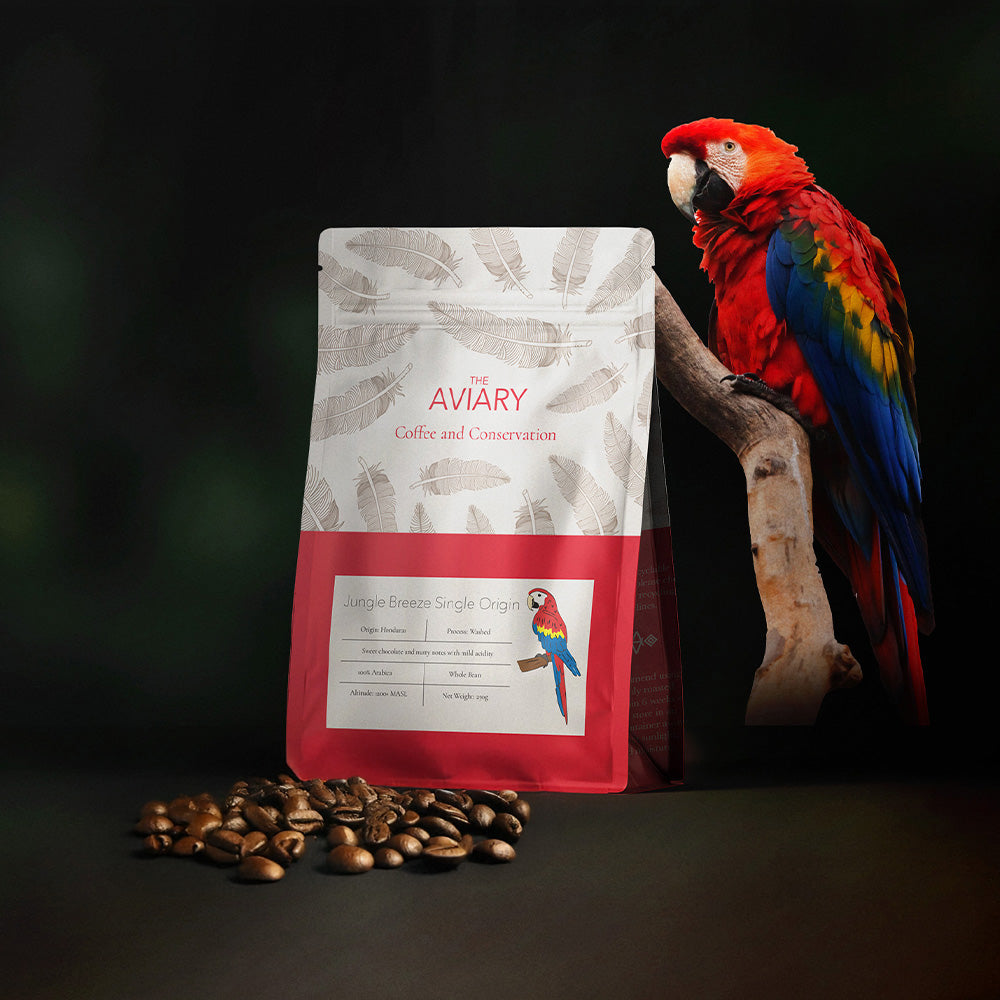

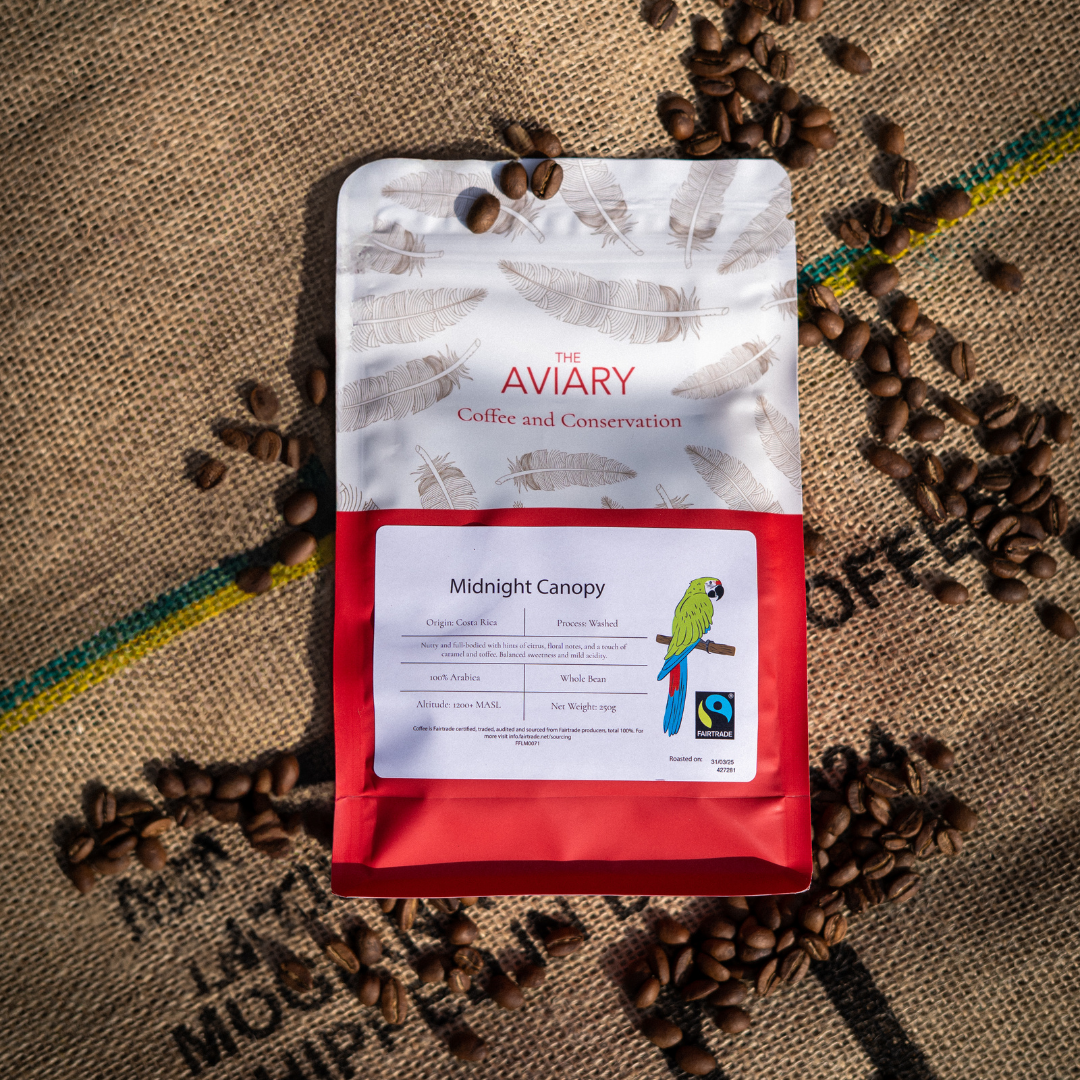
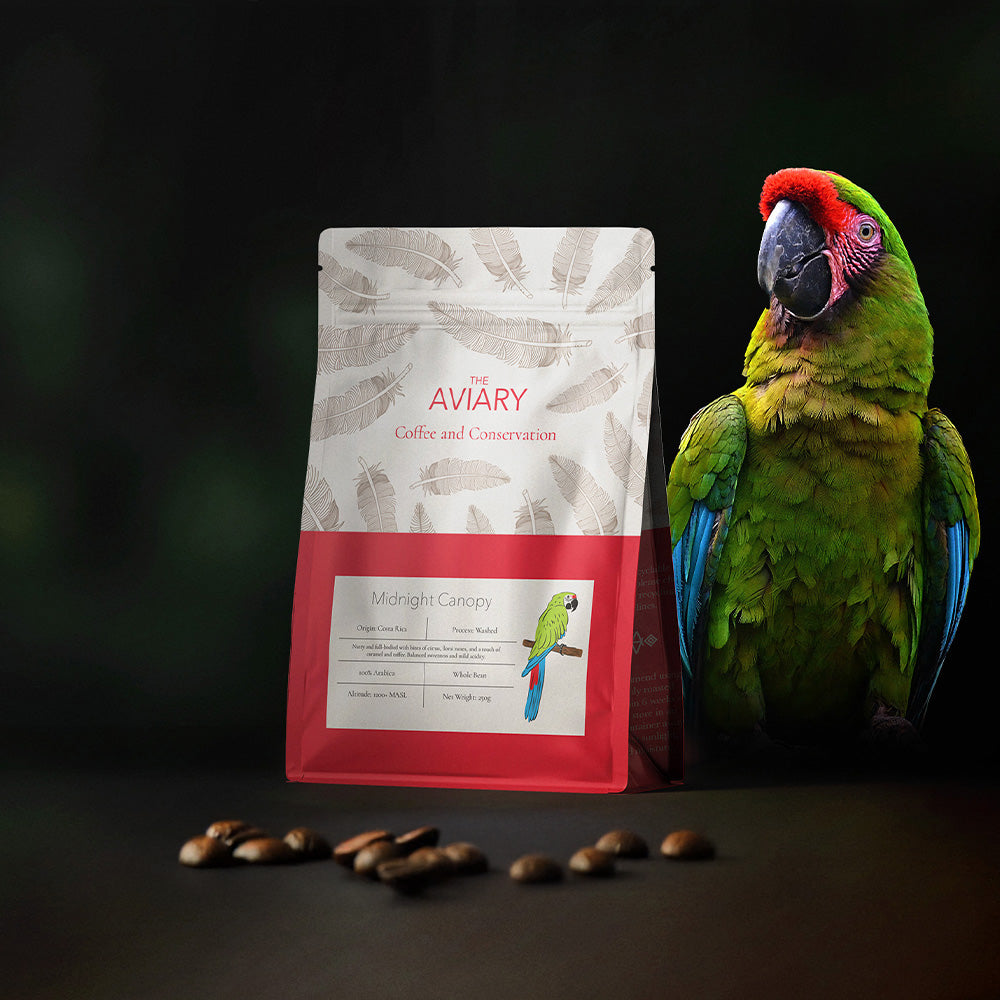
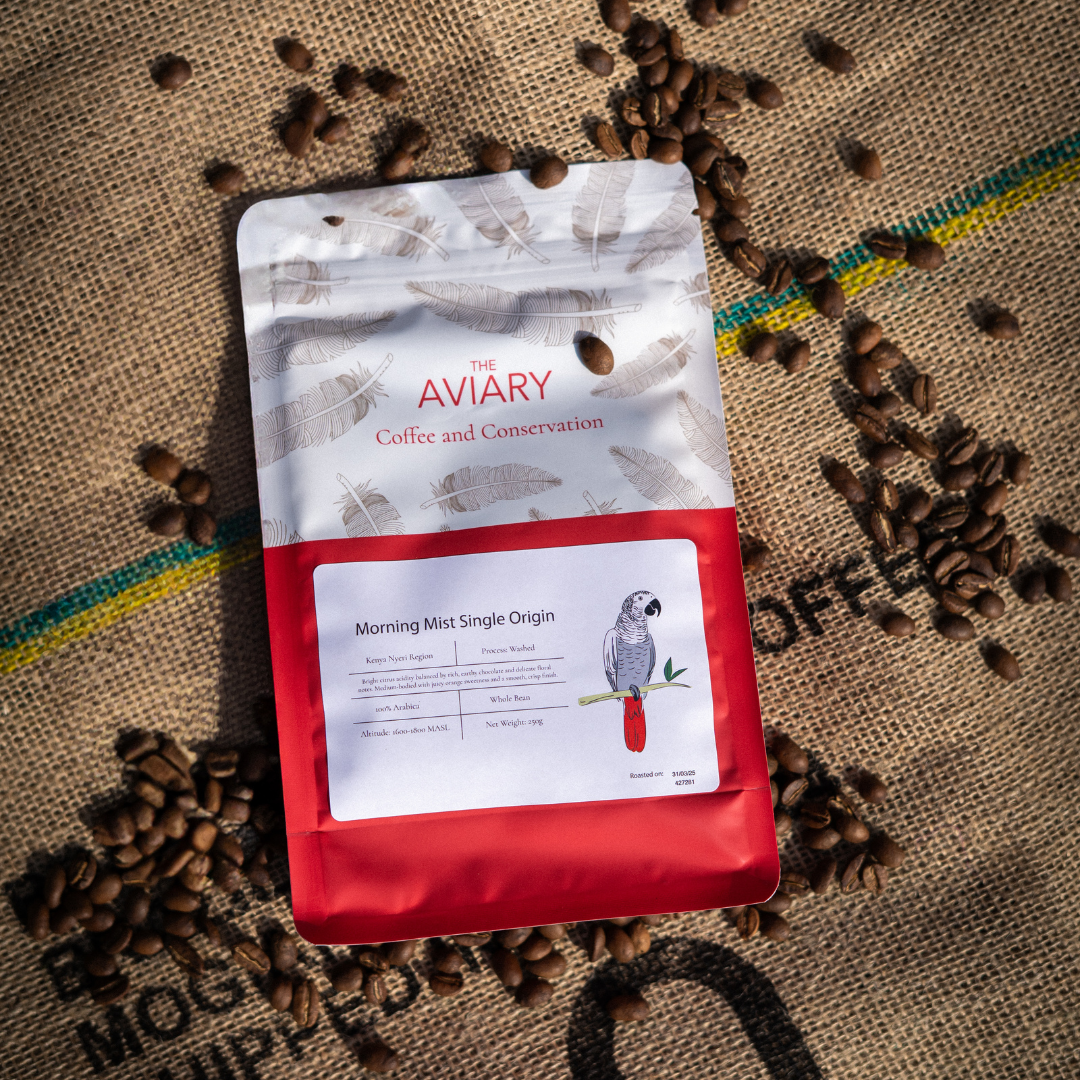
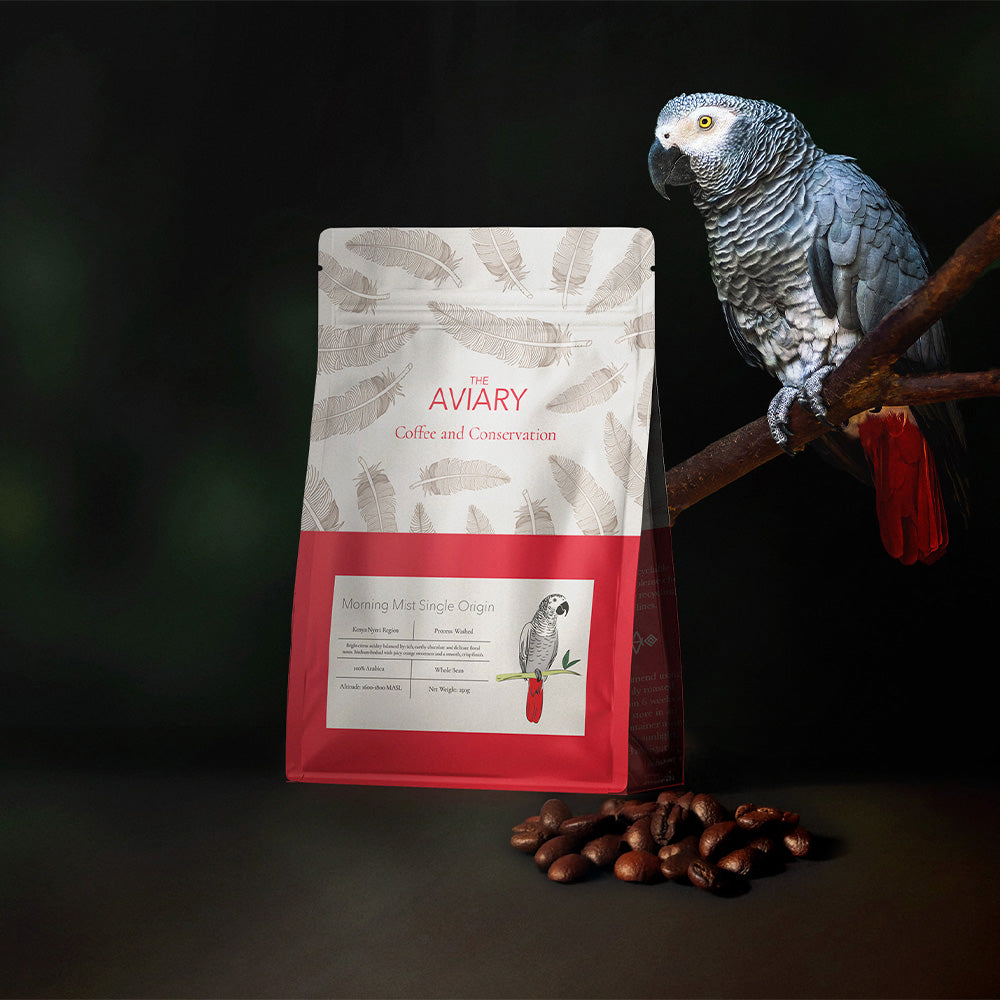

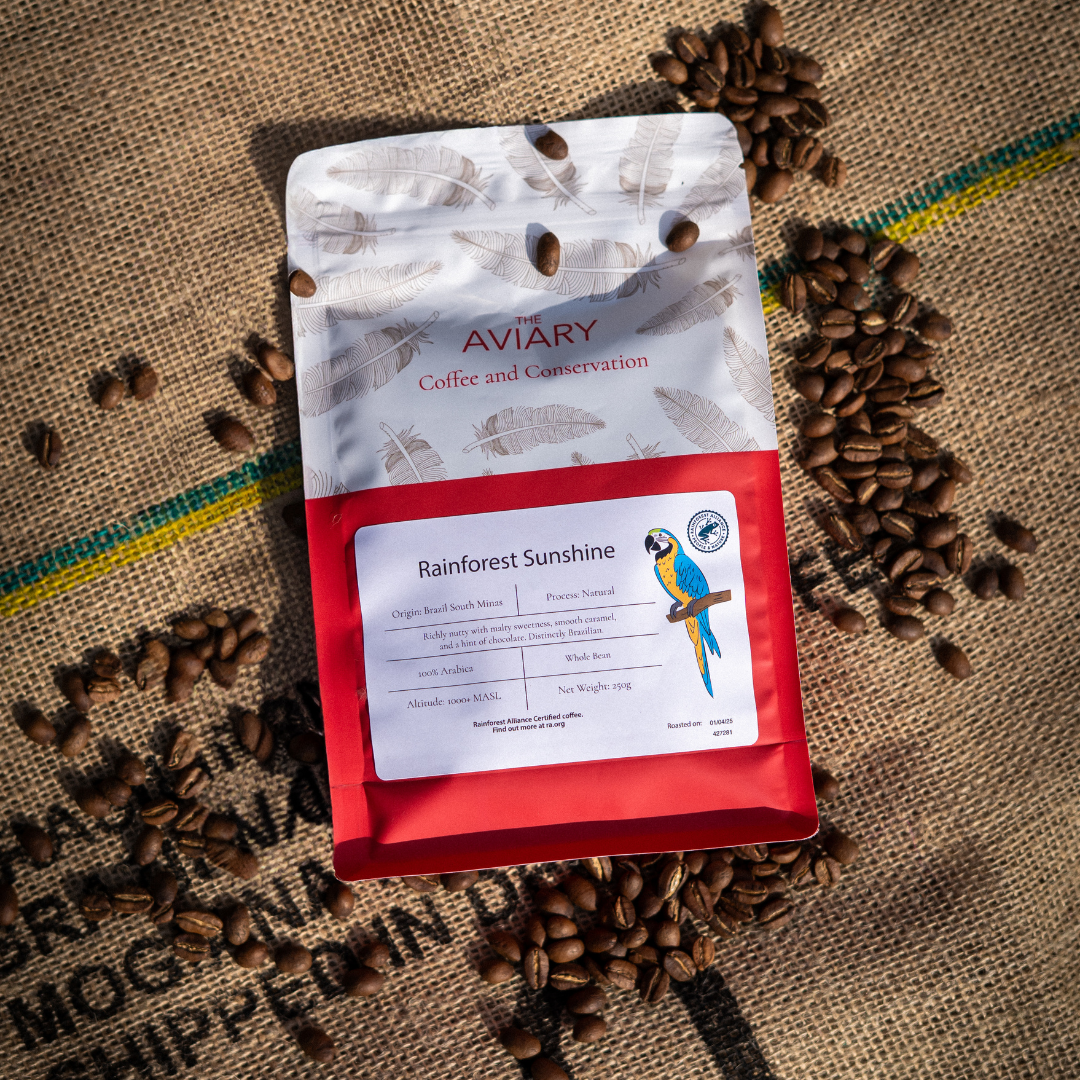
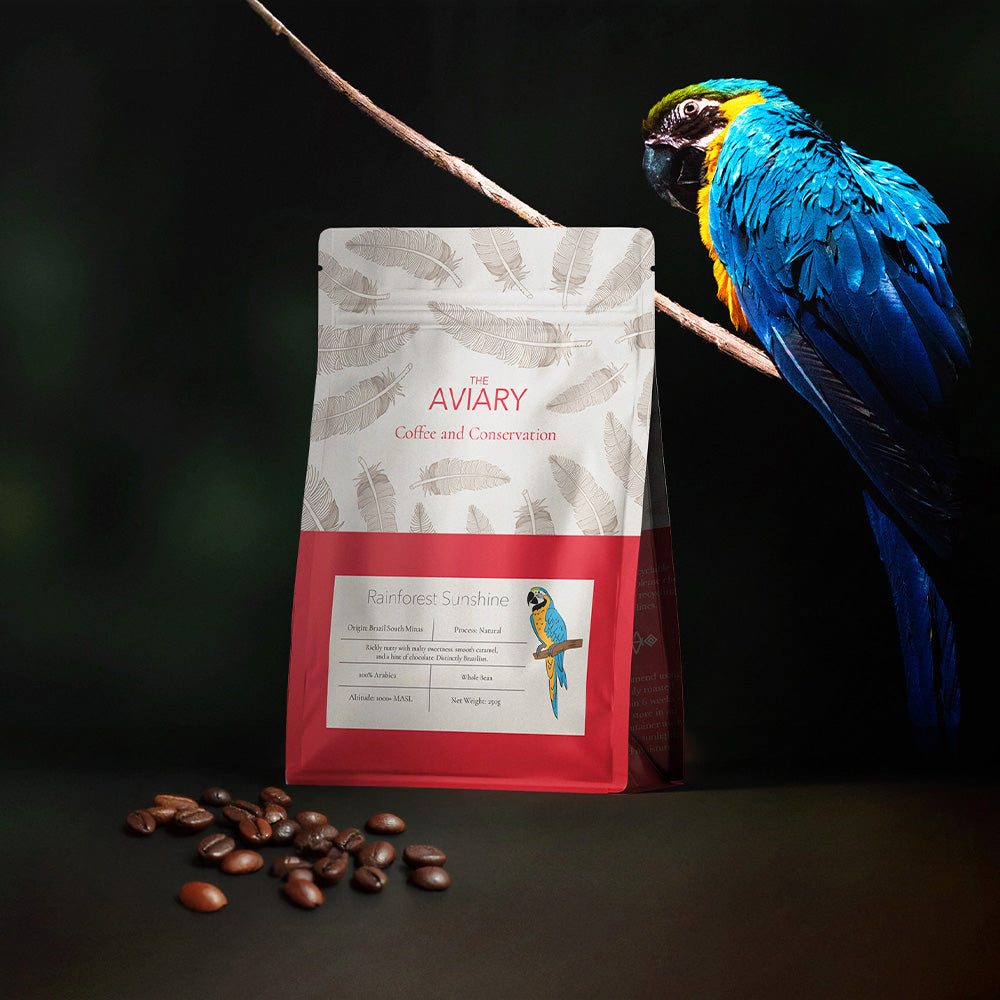

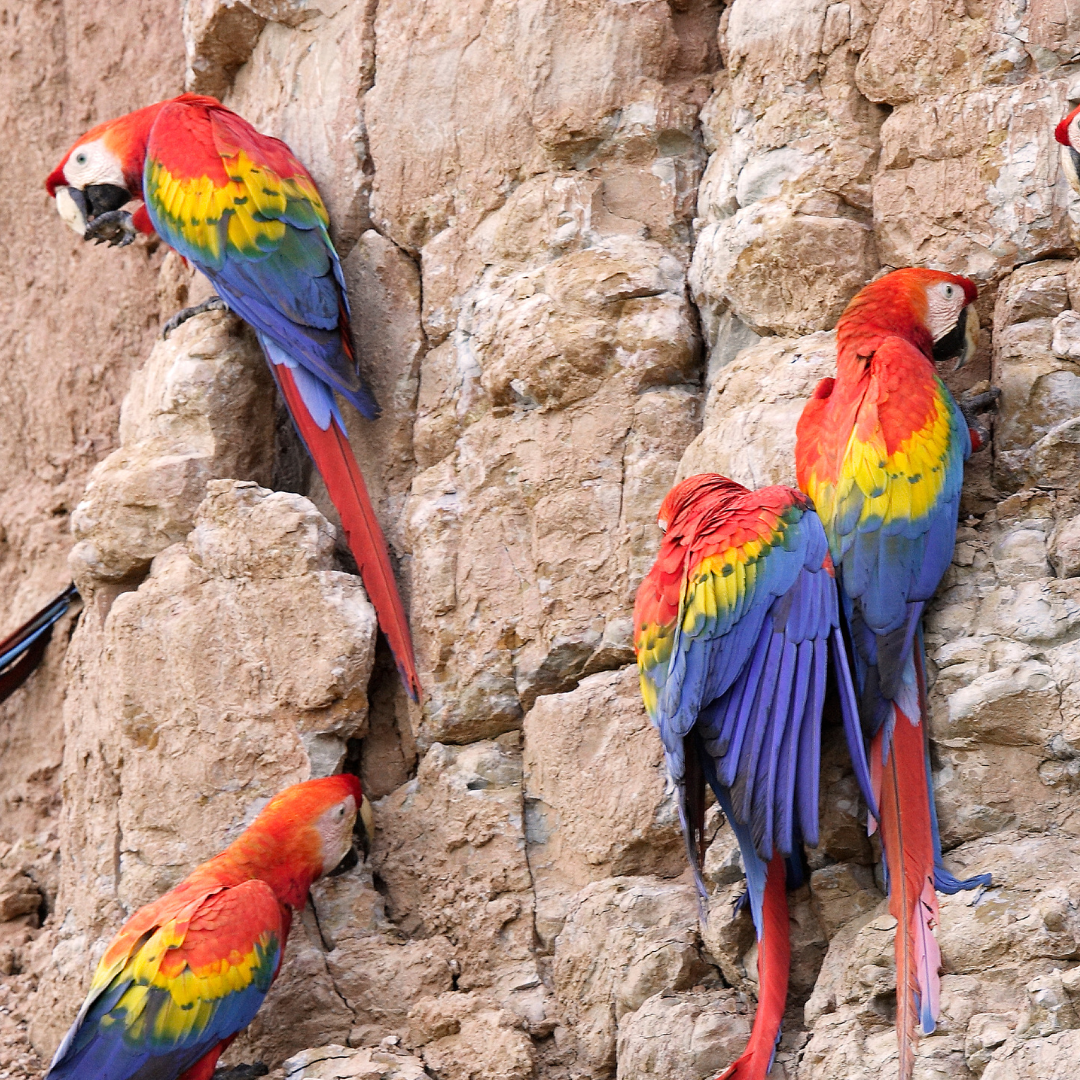
0 comments